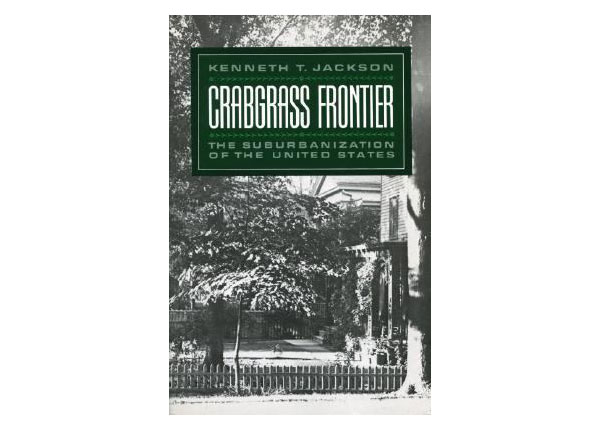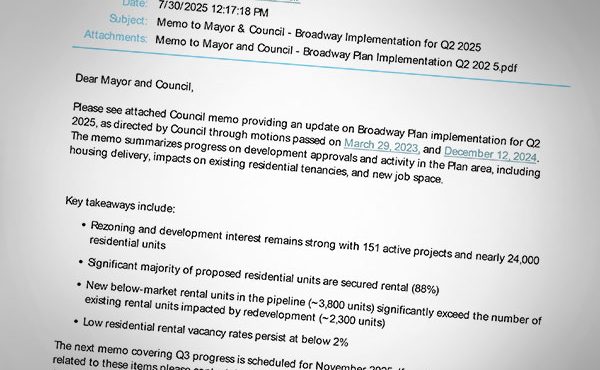[Editor’s Note: In the rush to get the latest books, we often forget some of the classics. This is why we’ve created “From the Stacks“…and we’re putting a call out to anybody and everybody who has recommendations of older works worth revisiting today. Better yet, if you’re willing to blow the dust off your old favorites and punch a few keys on it, we’d love to take a look!]
Author: Kenneth T. Jackson (Oxford University Press, 1987)
Flying over any of the countless cities throughout North America, one can’t help but be impressed (and/or scared) with how vast our metropolitan areas have become. Freestanding buildings – set within an intricate web of interconnected highways and arterials – stretch out as far as the eye can see and make up the majority of the built world we live in. These are the suburbs…the most contested and debated places in the urban landscape today.
Yet amidst all the controversy, research, and discussions surrounding these places (or “non-places” as some may argue), it is easy to forget how and why the suburbs came to be. This unfortunate tendency makes it that much more important to reconnect with books such as Kenneth T. Jackson’s Crabgrass Frontier.
Although it is over twenty years old, I have yet to read its equal. It still remains a classic work dedicated exclusively to unraveling the many forces that led the creation of the suburbs in America, and North America, as a whole. Clearly written and extremely informative, it gives one a comprehensive understanding of the events, people, values, and breakthroughs leading to the formation of the world’s most ambitious – and many would argue, most destructive – urban endeavour.
In contrast to the typical tone of condemnation one feels after reading more current books on the topic, the humbling message of Crabgrass Frontier is that the suburbs are simply another one of the many attempts we humans have made collectively at creating better places to live – with both positive and negative repercussions.
This brings to light that our current ethos celebrating urbanity – necessarily based on the lessons learned from our past mistakes – is simply an extension of this very same phenomenon: an important thing to remember in these cynical times.
***




